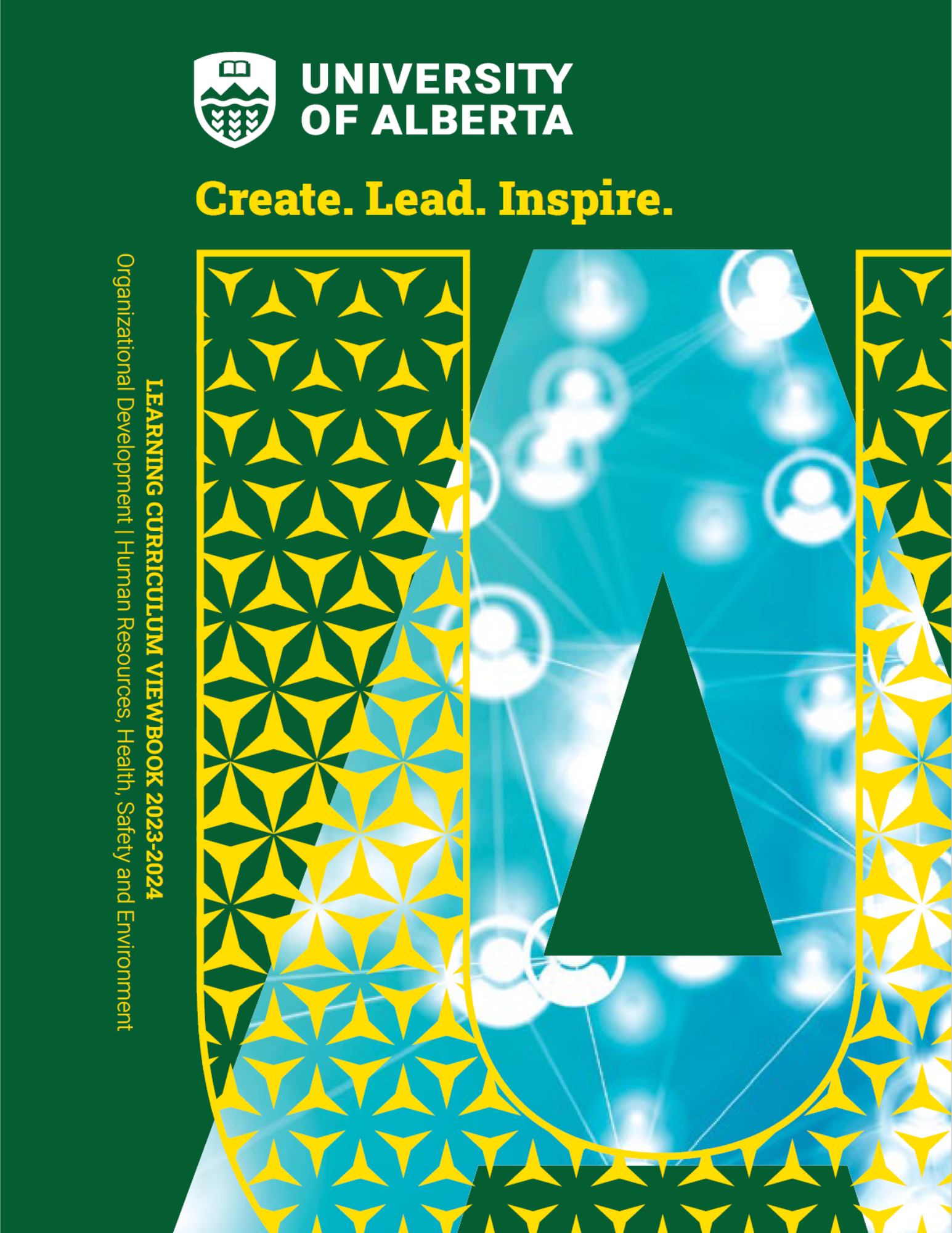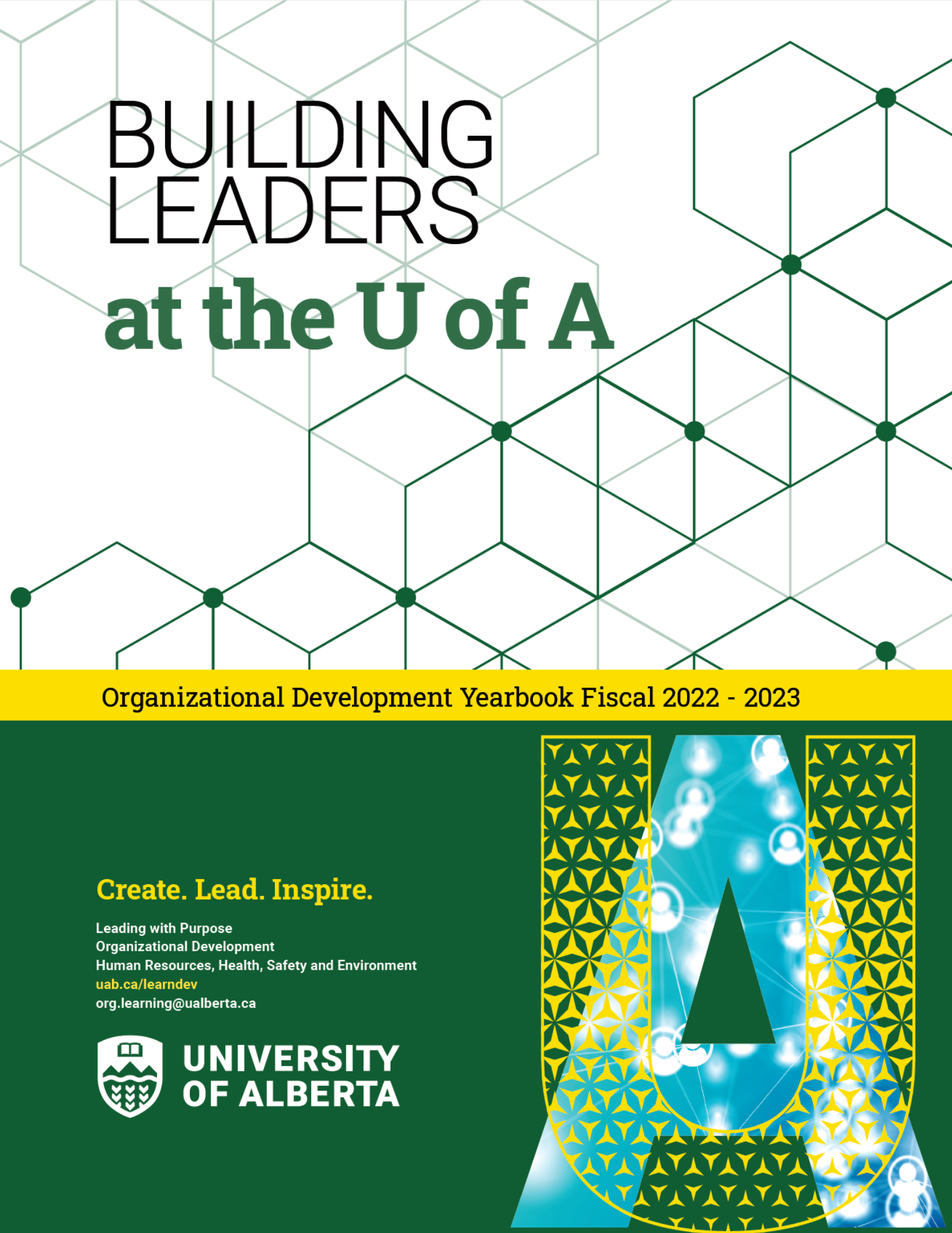Communication

At the U of A we are change makers, community builders and world shapers. The world faces changes as never before, and we need to listen to one another and effectively communicate our message in ways that move the conversation forward.
Communication is at the heart of workplace skills and is the foundation upon which all other workplace skills rest. Whether it’s sharing your ideas, exchanging information, exploring diverse perspectives and ideas, or creating a shared understanding with colleagues, your ability to communicate is critical to your success.
Effective communication means we:
- Seek input and openly explore diverse ideas, perspectives and lived experiences.
- Use emotional intelligence in communicating assertively.
- Are able to give and receive feedback.
- Influence others, even without authority.
- Share complex ideas with different audiences.
Learn more about how we define workplace skills.
Curriculum
Communicating with Impact
Facilitator: Wendy Wilton
Effective communication is an essential workplace skill that is often overlooked. Whether you are communicating with a colleague, direct report, student, or client, most, if not all of us, can benefit from focusing on our effectiveness. This practical workshop is for faculty and staff who are interested in exploring communication essentials, including why miscommunications happen and how we can increase our personal competence.
From behavioural style to emotional intelligence, you will explore the many different components that impact our ability to communicate effectively and will be introduced to practical tools, processes, and techniques that support effective communication. You will have the opportunity to examine your own communication behaviours and will commit to a plan of action for improving communication in your personal and professional lives. Finally, you will practice using the tools and techniques in the session before taking them back to your day to day reality.
Learning Outcomes:
- Explore the communication model and pinpoint where communication breaks down.
- Discuss how to incorporate an awareness of different communications styles into our communications.
- Examine basics of emotional intelligence and identify triggers that can shut down communication.
- Identify and practice elements of successful conversation.
- Explore the importance of feedback and practice using the reflective feedback model.
- Produce a plan for areas of focus around communication.
Workshops that address the curriculum are offered and added throughout the year. Please visit the U of A Events hub to find available courses. If you are interested in offering a workshop to your team that currently has no availability, please contact org.learning@ualberta.ca to discuss options.

